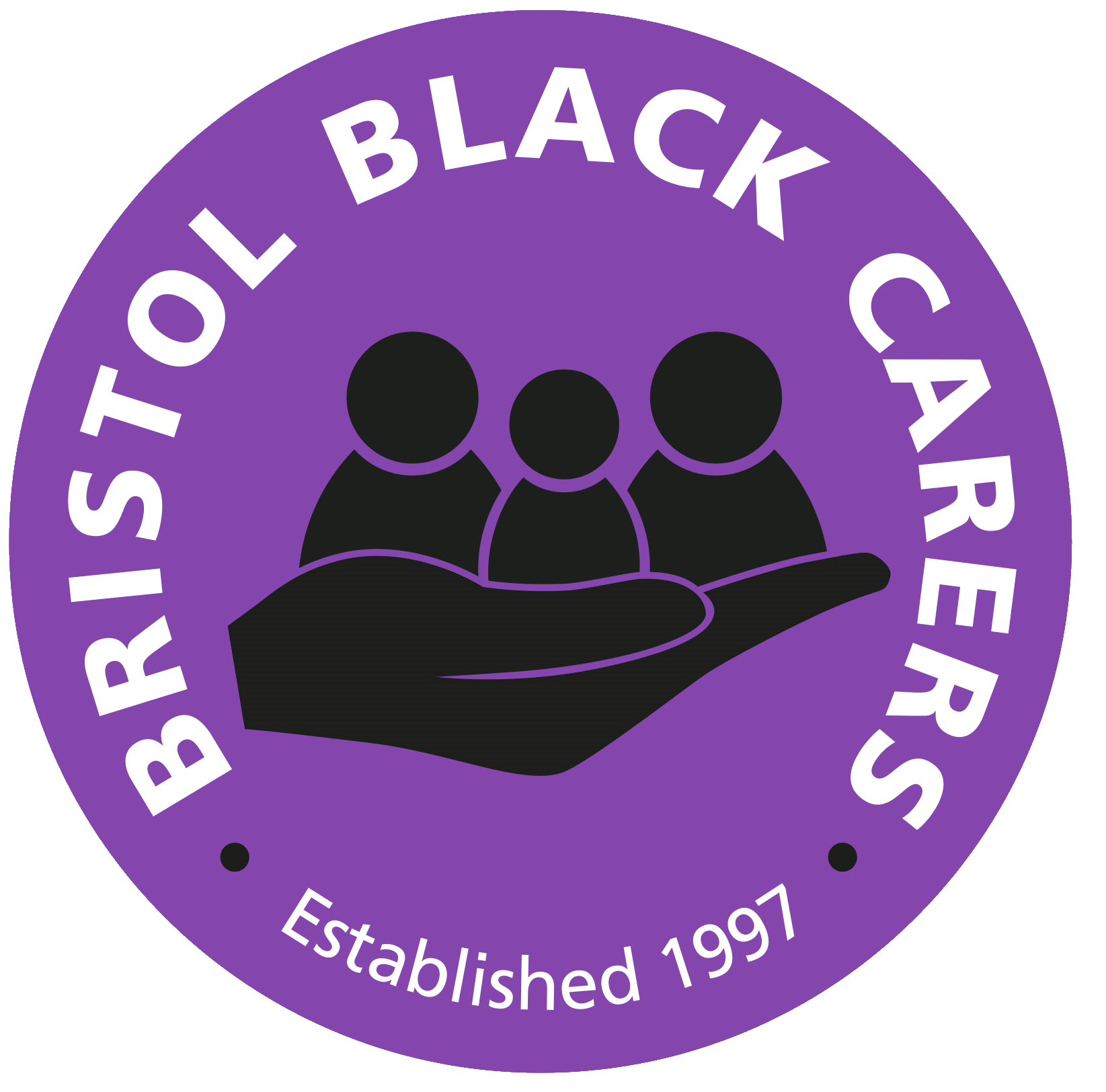Carers - Here's How To Care For Yourself
Caring for another is a beautiful, generous act. When your role is to take care of the needs of another it becomes easy to ignore your own needs and de-prioritise yourself. It feels logical.
There is a point at which this becomes unhealthy. It is important to strike the right balance between your self-care and care work. This is particularly true of the home environment; boundary lines are blurred between your own space and the needs of those you care for.
This is a natural learning curve within the dynamic.
Self-care doesn’t need to be a whole new routine. There are little things you can do each day to keep yourself healthy. Taking a little exercise, eating healthy food or taking an hour to simply switch off will make all the difference. It’s not indulgent to look after your own needs – it’s necessary.
Give yourself space to feel
Taking time out for yourself is not selfish. Caring is not an easy role, especially when you are doing it alone while managing other things. We all need space to unwind and relax, and giving yourself permission to take some time to recharge means that you will have more energy and patience to meet the needs of the one you’re caring for. You are important and your mental and physical health matters.
Seek emotional support
Naturally, the role will get you down sometimes, and you may emotionally struggle. Asking for help is not always easy, but it’s an important step towards feeling better. Whether it’s a chat with your GP, or a close, trusted friend, it can really help to talk about your feelings and say the words out loud, it helps to unravel your mind.
Say yes to help
If you have friends and extended family, make them aware of your situation as they may be able to help you out with certain things, make the ask and take the support - you don’t have to cope with everything alone.
Keep a diary/journal
Putting pen to paper can be a helpful way to keep track of what you’re doing. This is helpful for reflection and self understanding. As well as this, keeping a journal is a therapeutic way to express how you feel, and to honestly express yourself. Your diary can also be used to make to-do lists and organise tasks so that you feel on top of your time.
Enjoy yourself
In whatever form that may be, don’t forget to spend time doing things that you love and maintaining your hobbies and interests. It can be easy to lose sight of your passions when you are caring for somebody else, but it’s important to take time out for you - even if it’s for a few hours a week.
Soak your feet
Soaking your feet in warm water before bed (preferably with a teaspoon of mustard seeds or relaxing essential oils) soothes your muscles, hydrates your skin and also helps to relieve stress and lowers blood pressure.
Make your employer aware
If you are employed, do not think you have to suffer in silence. Your employer should be aware of your caring duties. It might be worth talking to your manager if you feel able to do so. They may be able to offer help, such as flexible working, to make sure your work/life balance is manageable.
Explore options for practical/financial help
Search for charities and organisations that may be able to help your situation. Whether you’re caring for someone with a mental or physical illness, remember that you are not alone, and help is available. You may also be entitled to financial help. Get in touch with your local CItizens Advice Bureau or Google ‘carers allowance.’
Remember the importance of sleep
Balanced sleep is crucial for good mental health but it can also be a really useful self-care tool for when you need a break to get away from your thoughts or a difficult situation for a while. Sleep helps us recover from mental and physical exertion and poor sleep increases the risk of poor health. If you are having sleep disturbances and are distressed, it might be a good idea to have a chat with your GP.
Read other peoples stories
There are many blogs and videos out there of people sharing their caring stories. Connecting with other carers helps you remember that you’re not alone.
Be kind to your body
Think about your diet and how your body feels. Eating protein for breakfast helps balance blood sugar and foods like bananas, oats, yogurt and eggs are very good for your health.
